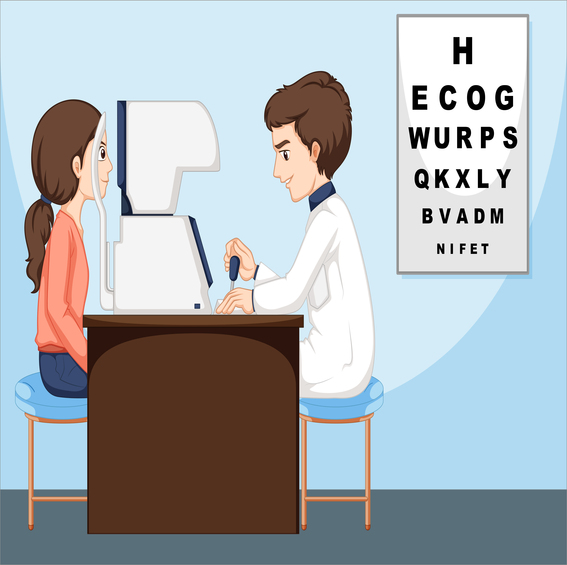what is Monofocal intraocular lenses ?
Monofocal intraocular lenses (IOLs) are a type of artificial lens implanted in the eye during cataract surgery, These lenses have a single focal point (Monofocal), meaning they provide clear vision at one distance, typically either for near vision or distance vision. Here are some advantages of Monofocal intraocular lenses


Advantages of Monofocal Intraocular Lenses
Predictable Results: Monofocal IOLs generally provide predictable and stable outcomes. They are designed to correct vision at a specific distance, and the brain adapts to focus on that distance.
Cost-Effective: Monofocal lenses are often more cost-effective than multifocal or accommodating lenses, making them a popular choice for individuals on a budget.
Low Risk of Visual Disturbances:In comparison with people opting for mutifocal lenses, only a negligible percentage of people experience visual disturbances, such as halos and glare, with monofocal lenses.
Types of Monofocal Intraocular Lenses
Distance-Focused Monofocal Lens: This type of lens is designed to provide clear vision at a distance. Patients may still need glasses for reading or close-up .
Near-Focused Monofocal Lens: Alternatively, some monofocal lenses are optimized for near vision. People who choose this option need glasses for distance vision.
Mono vision: In mono vision, one eye is corrected for distance and the other for near or intermediate vision. This approach can reduce the need for glasses for both distance and Intermediate vision.
Extended Depth of Focus (EDOF) Lens: EDOF lenses are monofocal lenses designed to provide a continuous range of vision, minimizing visual gaps between different distances. They aim to provide clear vision for distance as well as for intermediate visual needs. It is an option which provides relative freedom from glasses for people unsuitable for multifocal lenses or those who are concerned about the problem of glare and halos due to multifocal lenses.
Aspheric Monofocal Lens: Aspheric lenses are designed to reduce aberrations and improve contrast sensitivity. These lenses may enhance overall visual quality and reduce visual disturbances such as glare and halos.


Monofocal IOL Considerations
It is important to note that with monofocal IOL’s, some individuals may still require glasses for certain distance focused activities, especially if they have pre-existing astigmatism or if they opt for monovision. They will definitely require glasses for prolonged near activities. The choice of intraocular lens depends on individual preferences, lifestyle, and specific visual needs, so it is crucial to discuss options thoroughly with your surgeon before deciding on the most suitable lens for cataract surgery.
Book an appointment
Please fill in the form below and we will soon call you back.



